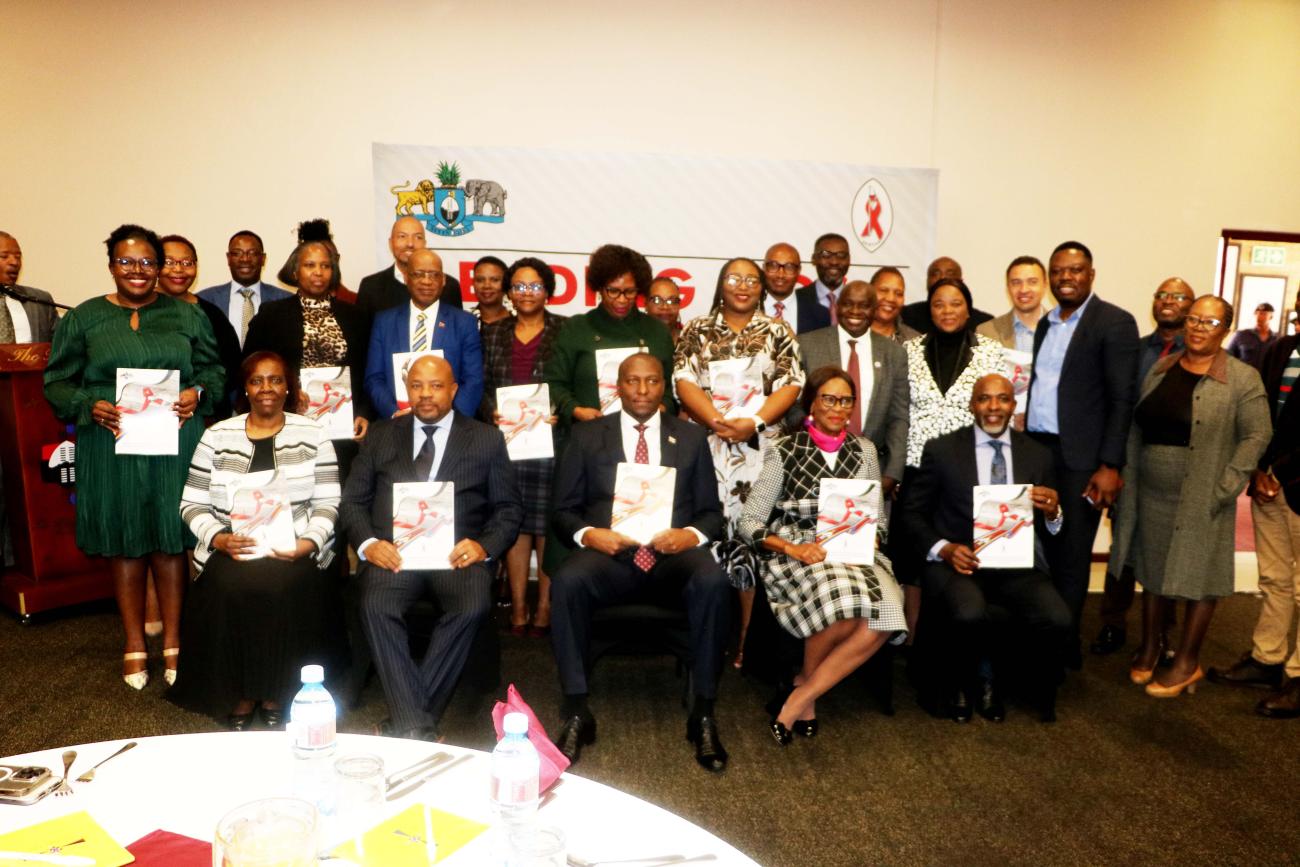The framework aims to intensify efforts to prevent new HIV infections, particularly among vulnerable groups such as adolescent girls and young women.
Prime Minister Dlamini emphasized the country's significant achievements in the fight against HIV/AIDS, stating:
“Eswatini is recognised world over for turning the tide against the pandemic and mitigating the devastating effects and impacts of HIV and AIDS. Being among the first few countries to achieve the UN global AIDS target of 95-95-95 in record time is a testament to this Nation's resilience in tackling public health issues.”
He highlighted the importance of intensifying the HIV prevention response to address the high rates of new infections among adolescent girls and young women:
“While we celebrate this great achievement in the Nation’s response to HIV and AIDS, it is important to intensify our HIV Prevention response to avert new HIV infections which have remained high among adolescent girls and young women. Our local literature highlights that the HIV incidence is 3-5 times higher among adolescent girls and young women aged 15 to 29 years compared to their male counterparts.”
Prime Minister Dlamini identified several factors contributing to new HIV infections, including poverty, unemployment, intergenerational sex, early sexual debut, transactional sex, gender-based violence, and inadequate condom use:
“Fortunately, we now know where some of these new HIV infections are coming from and have identified potential perpetuators of new HIV infections, which include poverty, unemployment, intergenerational sex, early sexual debut, transactional sex, gender-based violence, low access to HIV prevention technologies, inadequate condom use, low values, and low morality.”
He called for a collaborative and innovative approach to HIV prevention:
“It is therefore important that, as a country and together with our partners, we combine our efforts and think outside the box for our multi-sectoral HIV Prevention response. We applaud the efforts of the health sector, led by the Ministry of Health, on the various prevention technologies that have and continue to be rolled out.”
The new NSF has identified and prioritized key areas for intervention, including the need to address the emerging threat of non-communicable diseases (NCDs) and the side effects of HIV medications:
“The new National Multisectoral HIV and AIDS Strategic Framework (NSF) 2024-2028 we are launching today has identified and prioritised these problematic areas. As we strengthen our HIV prevention response, we need to be cognizant of the emerging global health threat of non-communicable diseases (NCDs) and strengthen prevention programs for these as well.”
“Furthermore, we need to pay close attention to medication side effects that our people tend to experience while on treatment and address them timely and effectively. I am convinced that by addressing these, we will prevent needless suffering from preventable diseases and premature death and achieve optimal health for all emaSwati in line with SDG-3 and the UNAIDS goal of ending AIDS by 2030.”
UN Resident Coordinator George Wachira, who also spoke at the launch on behalf of the United Nations, praised Eswatini’s achievements and urged continued efforts to maintain and build on these gains:
“Eswatini's success against HIV/AIDS is a story of strong leadership meeting strong partnerships. Let's use our gains to guide us in defeating HIV as a public health threat.”
Wachira emphasized the importance of addressing social determinants of health to create an environment where everyone can access HIV services:
“We must address the social determinants of health—poverty, gender inequality, violence, and stigma—to create an environment where all can access HIV services.”
He also reiterated the need to revive educational campaigns to combat harmful practices:
“Let's revive campaigns to educate and discourage what I have previously called OMG!: Old Men Having sex with Girls.”
The NSF 2024-2028 launch signifies Eswatini’s commitment to a holistic and inclusive response to HIV/AIDS, aiming to create a future where the epidemic is no longer a threat to the health and well-being of emaSwati.
Download the NSF here: https://rb.gy/3iga1j











